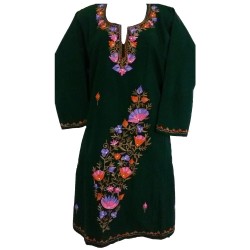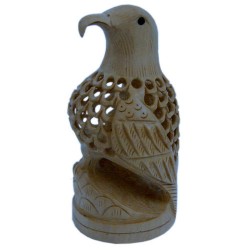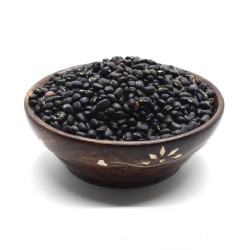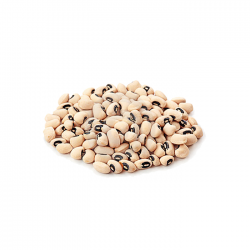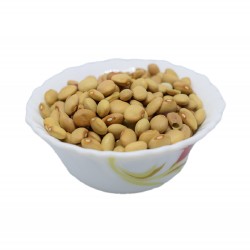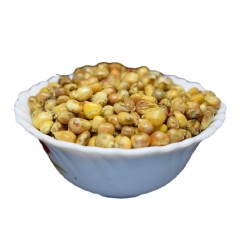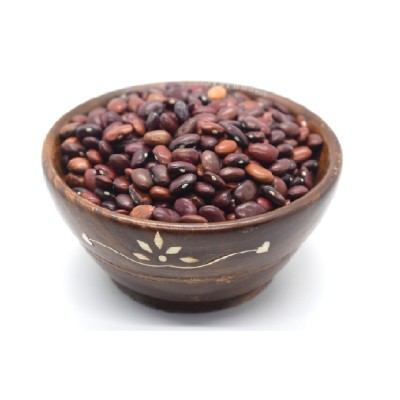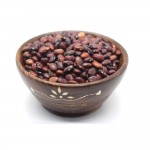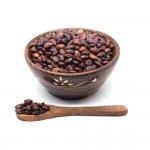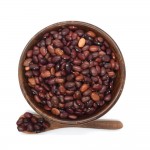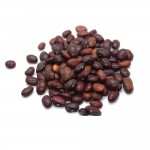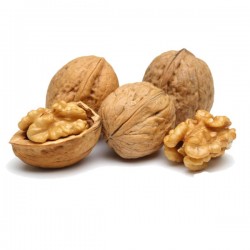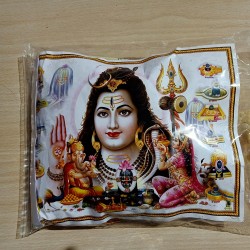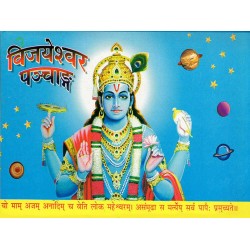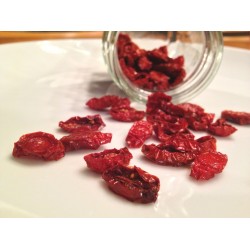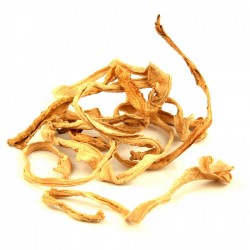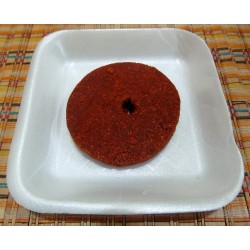Bhaderwahi Rajma
Return Policy
This product is covered under Return / Refund Policy if received in Defective / Damaged condition
DESCRIPTION:
Rajma is a popular Indian vegetarian dish consisting of red kidney beans in a thick gravy with lots ofIndian whole spices and usually served with rice and roti. Although the kidney bean is not of Indian origin, it is a part of regular diet inNorthern India. This dish developed after the red kidney bean was brought to the Indian subcontinent from Central Mexico and Guatemala. Being a popular dish, it is prepared on important occasions. About 100 grams of boiled Rajma beans contain 140 calories. 5.7 grams of protein, 9.0 grams of fat and nearly 17.8 grams of carbohydrate.
Some of the best Rajma are said to be grown in Himachal and Jammu. Rajma - Chawal served with chutney of Anardana is famous dish of Peerah, a town in Ramban district of Jammu and Kashmir. Going further, the Rajma of Chinta Valley in Doda District, a short distance from the town of Bhaderwah of Jammu province are said to be amongst the finest ever. These are smaller in size than most Rajma grown in plains, and have a slightly sweetish taste. The combination of Rajma and rice generally lists as a top favorite of North Indians.
HEALTH BENEFITS:
Kidney beans are a very good source of cholesterol-lowering fiber, as are most other beans. In addition to lowering cholesterol, kidney beans' high fiber content prevents blood sugar levels from rising too rapidly after a meal, making these beans an especially good choice for individuals with diabetes, insulin resistance or hypoglycemia. When combined with whole grains such as rice, kidney beans provide virtually fat-free high quality protein. But this is far from all kidney beans have to offer. Kidney beans are an excellent source of the trace mineral, molybdenum, an integral component of the enzyme sulfite oxidase, which is responsible for detoxifying sulfites. Sulfites are a type of preservative commonly added to prepared foods like delicatessen salads and salad bars. Persons who are sensitive to sulfites in these foods may experience rapid heartbeat, headache or disorientation if sulfites are unwittingly consumed. If you have ever reacted to sulfites, it may be because your molybdenum stores are insufficient to detoxify them.








.jpg)
01-250x250.jpg)
01-250x250.jpg)


